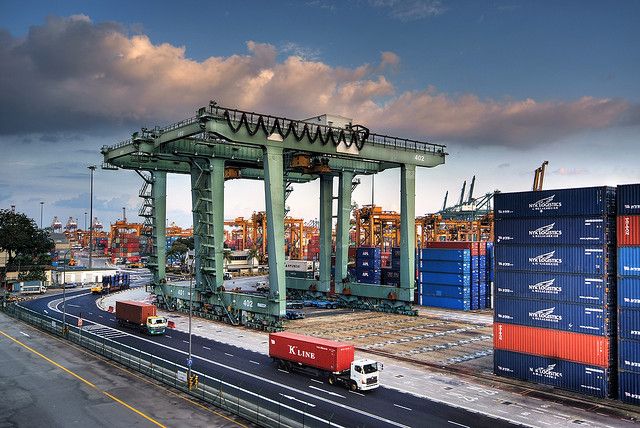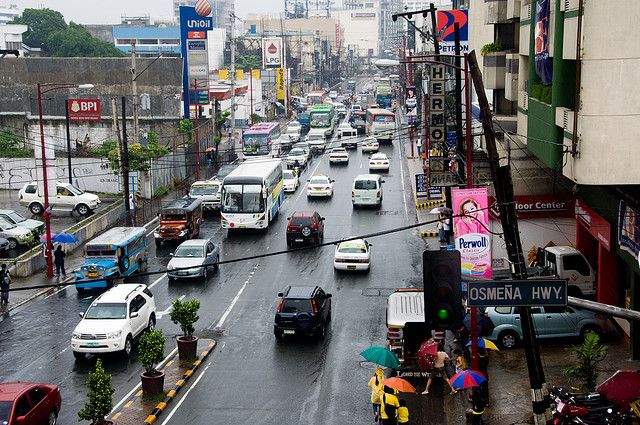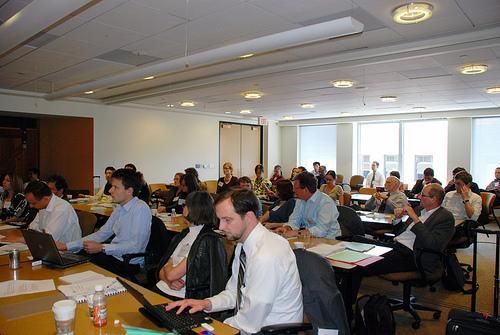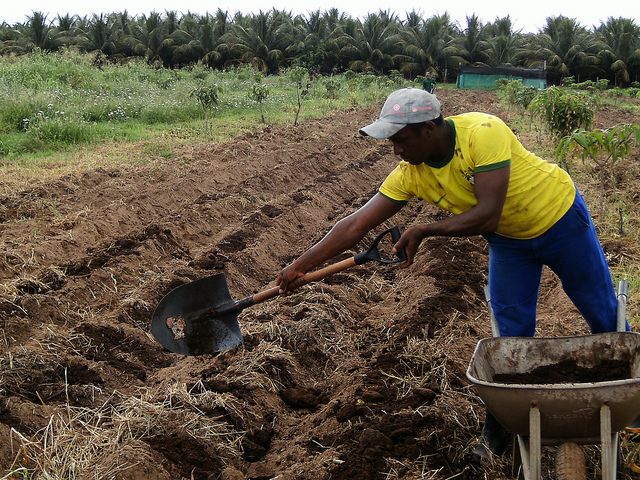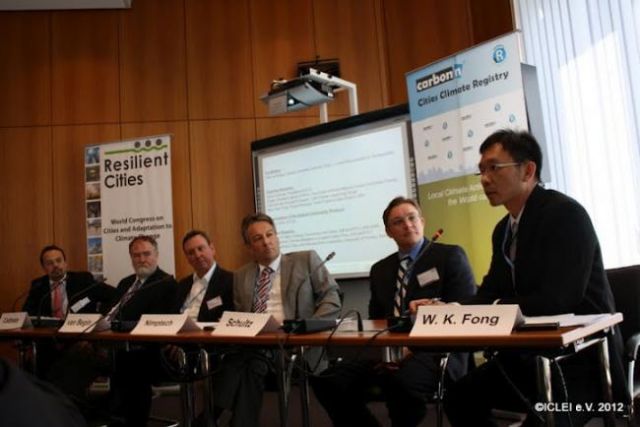Blog
Workshop: Integrando Agropecuária aos Inventários Corporativos de GEE
Inscreva-se agora e contribua para a próxima geração de ferramentas de gestão de gases de efeito estufa (GEE) relativa à agropecuária Brasileira. O GHG Protocol cordialmente lhe convida a participar do encontro cujo foco será ajudar no desenvolvimento de ferramentas (um protocolo de contabilização de GEE e um conjunto de fatores de emissão) específicas para o Brasil.
Revised Aluminum Tool Now Available
Sixty Corporations Begin Measuring Emissions from Products and Supply Chains
On January 20th, sixty corporations begin measuring the greenhouse gas emissions of their products and supply chains by road testing a new global framework that is part of the
A New Way to Measure Emissions from China’s Coal-Fired Power Plants
The share of coal in global energy consumption is increasing, with most growth occurring in China, the largest coal consumer in the world. In China, coal-fired power plants are responsible for more than 45 percent of total fuel-combustion CO2 emissions.
New Guidance Makes Corporate Value Chain Accounting Easier
An effective corporate climate change strategy requires a detailed understanding of a company’s greenhouse gas (GHG) emissions. Until recently, most companies have focused on measuring emissions from their own operations and electricity consumption, using the GHG Protocol’s Scope 1 and Scope 2 framework.
Released For Review: New Standards For Tracking GHG Emissions From Policies And Goals
With the latest round of global climate negotiations at an end, many countries, states, and cities around the world are taking action to reduce greenhouse gas (GHG) emissions through mitigation policies and goals. Decision-makers need to understand the emissions impacts associated with these initiatives in order to evaluate effectiveness, make sound decisions, and assess progress.
Seeking Public Comments on New Protocol for City-level GHG Emissions
We are excited by the release of the first draft of the Global Protocol for Community-Scale GHG Emissions (GPC) to help cities around the world measure and report greenhouse gas (GHG) emissions using a more consistent protocol. Today begins a one-month public comment period on the protocol to ensure it will fit the needs of those who will be implementing it.
Quebec product footprinting pilot project launched using the GHG Protocol Product Standard
The GHG Protocol Product Life Cycle Accounting and Reporting Standard will be used by CIRAIG and the Government of Quebec in the first stage of their carbon footprint certification initiative.
We Need Your Help: Take Our Survey on Greenhouse Gas Accounting for the Financial Sector
The Greenhouse Gas (GHG) Protocol recently partnered with the UNEP Finance Initiative in a critically important endeavor – developing guidance to help the financial sector measure its ”financed emissions” and track reductions. These types of emissions, which are associated with lending and investments, are the most significant part of a financial institution’s carbon footprint.
For the First Time, a Common Framework for Cities’ Greenhouse Gas Inventories
“You cannot manage what you cannot measure” is a well-known adage for business, and the phrase is increasingly relevant for cities. In the past decade, many cities have started measuring their greenhouse gas (GHG) emissions data.
Companies Complete Road Testing of New Global Greenhouse Gas Accounting Standards
More than 60 companies have completed the road testing of new global standards designed to help measure the greenhouse gas (GHG) emissions of their products and supply chains.
A New Tool for Low-Carbon Agriculture in Brazil
Brazil’s farms are major, global producers of beef, soybeans, sugarcane, coffee, rice, and more. Yet they’re also major producers of greenhouse gas emissions. Two new resources aim to reduce the emissions intensity of Brazil’s agricultural sector.
A New Global Framework to Measure Greenhouse Gas Emissions from Cities
At an official side event to the UNFCCC Bonn Climate Change Conference this week, C40 Cities Climate Leadership Group (C40), ICLEI– Local Governments for Sustainability, the World Resources Institute (WRI), and partners released Pilot Version 1.0 of the Global Protocol for Community-Scale Greenhouse Gas Emissions (GPC).
Managing GHG Emissions from Agriculture: A Unique but Solvable Challenge
Thousands of companies have developed greenhouse gas (GHG) inventories in recent years as a crucial first step towards measuring and ultimately reducing their emissions. Agricultural emissions are a large part of many of those inventories: farming is currently responsible for between 10 and 12 percent of global GHG emissions. Globally, agricultural emissions are expected to increase by more than 50 percent by 2030, according to the UN Intergovernmental Panel on Climate Change (IPCC).
GHG Protocol to Publish Two New Documents
The GHG Protocol Initiative will release two publications at the beginning of July, “Guidelines for Quantifying GHG Reductions from Grid-Connected Electricity Projects” and “Designing a Customized Greenhouse Gas Calculation Tool.”
Where Do Renewable Energy Purchases Fit Into A GHG Inventory?
I recently presented at the 7th Product Carbon Footprint (PCF) World Forum Summit, a gathering of experts brought together by Berlin-based think tank Thema1 “to foster and facilitate international discussion on how to assess, reduce, and communicate the impact of goods and services on the climate.”
Major International Hotel Companies Demonstrate Leadership through New Initiative to Standardize the Industry’s Carbon Measures
For the first time, leaders within the hotel industry are collaborating to reach a consensus on a single methodology for calculating carbon footprints and consistent metrics for communicating emissions.
5 Questions With Vivek Adhia: A New Program For Measuring India’s Greenhouse Gas Emissions
As India continues to experience the impacts of climate change in the form of changing rainfall patterns, heat waves, and coastal flooding, businesses are increasingly recognizing the need to mitigate and adapt. The problem is that many lack guidance on where to begin.
What's the carbon footprint of a bank loan? Sustainable finance groups follow the money
On its own, the global financial sector has a limited carbon footprint -- compared with manufacturing, mining and construction, for example, it barely registers at all. Yet each of those "heavy" industries is backed by the resources of banks and financial institutions, and those monetary relationships tie financiers, to a degree at least, to the emissions they capitalize.


